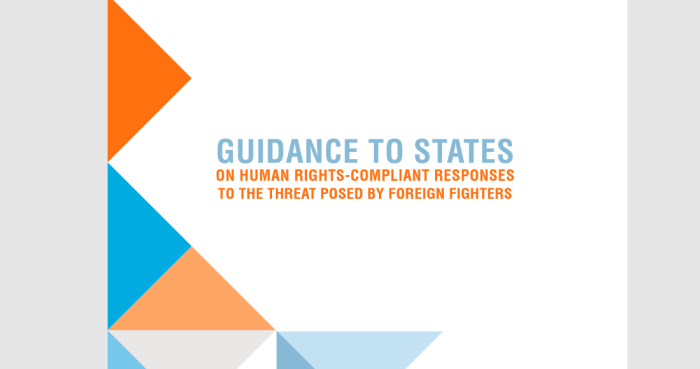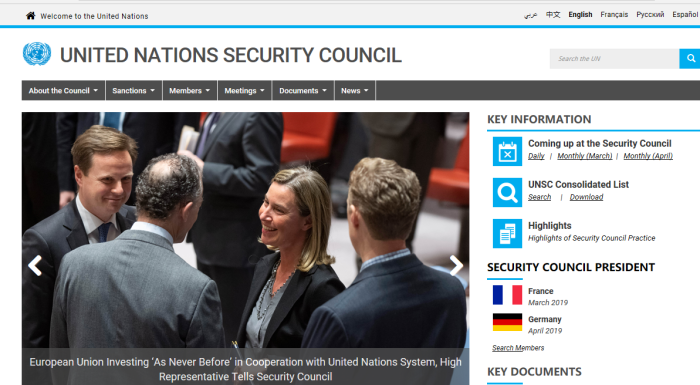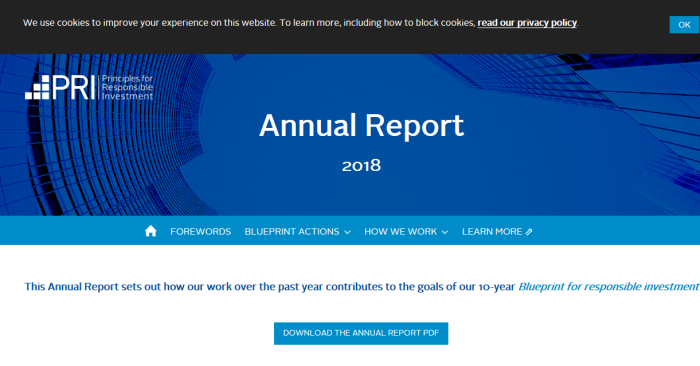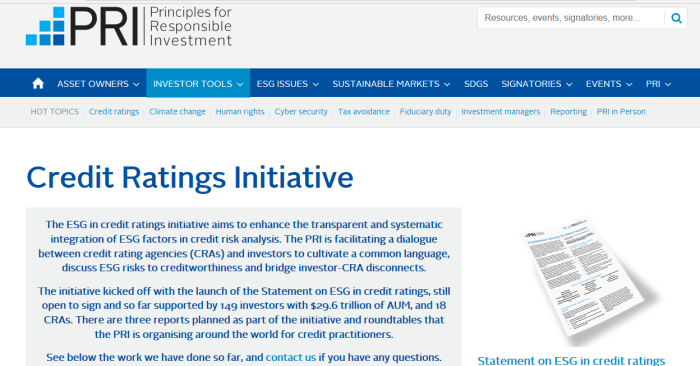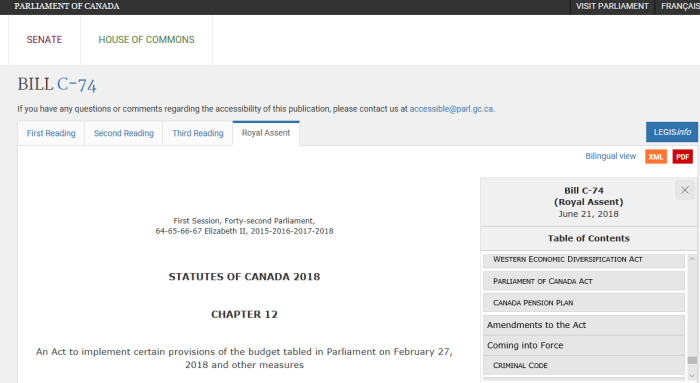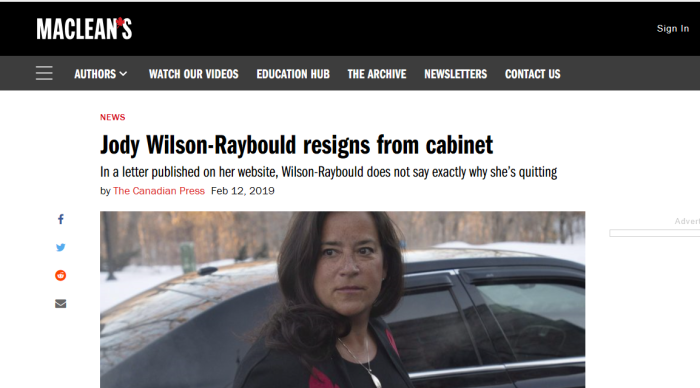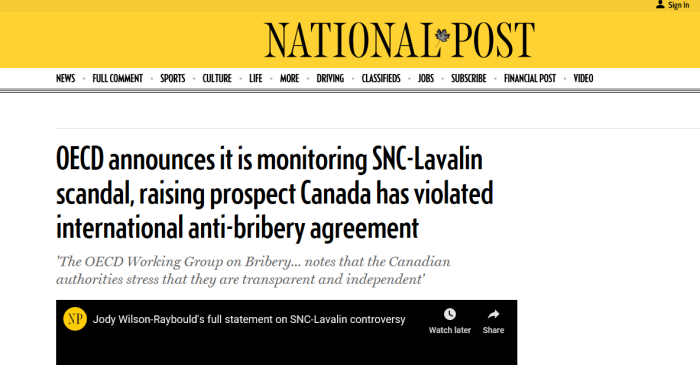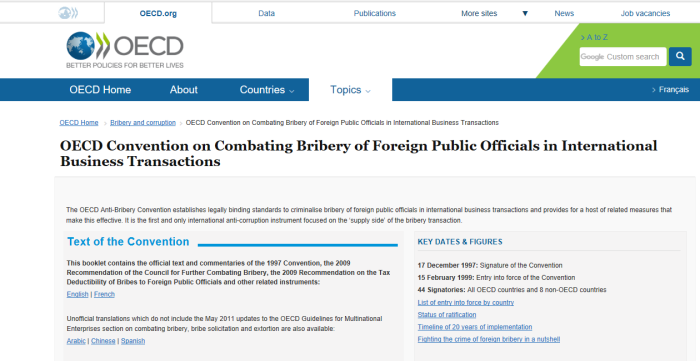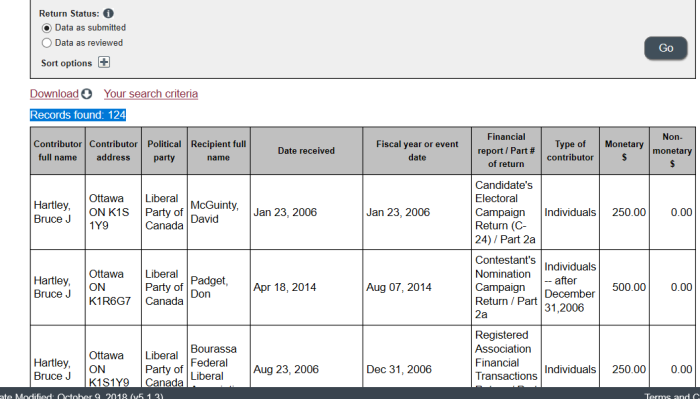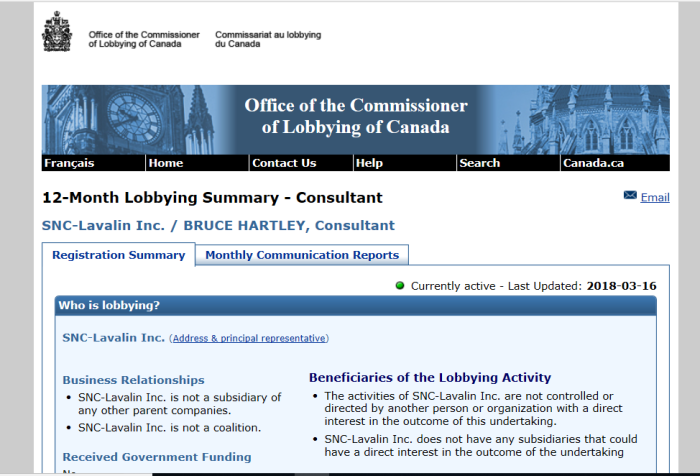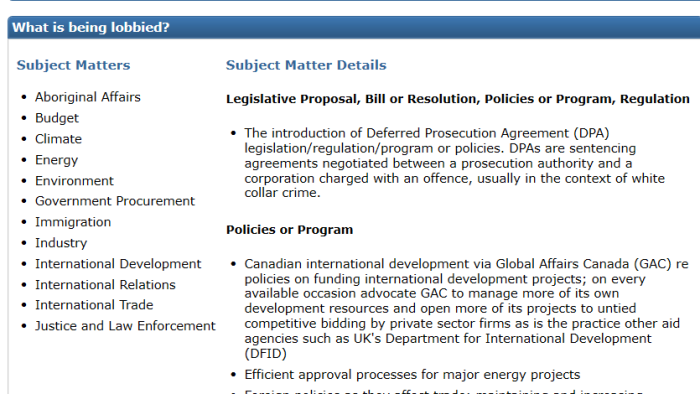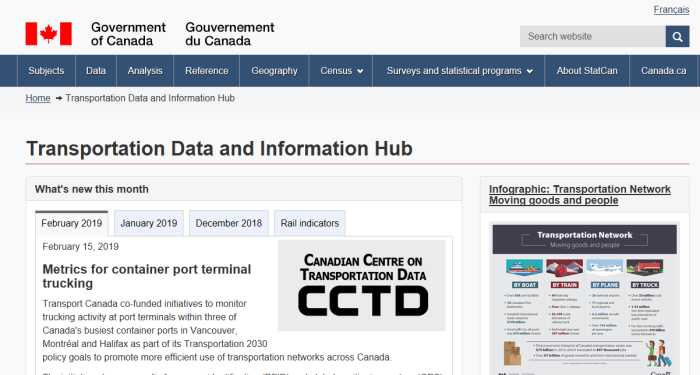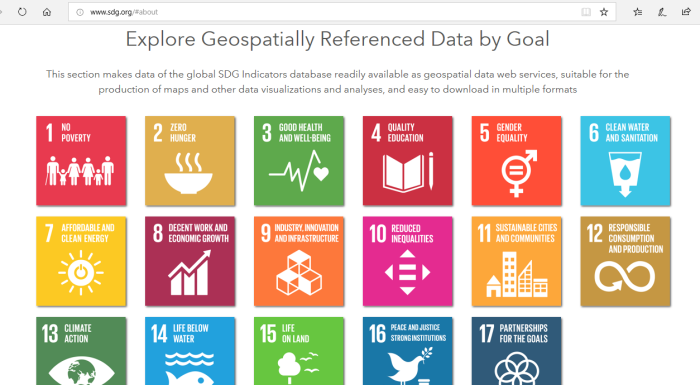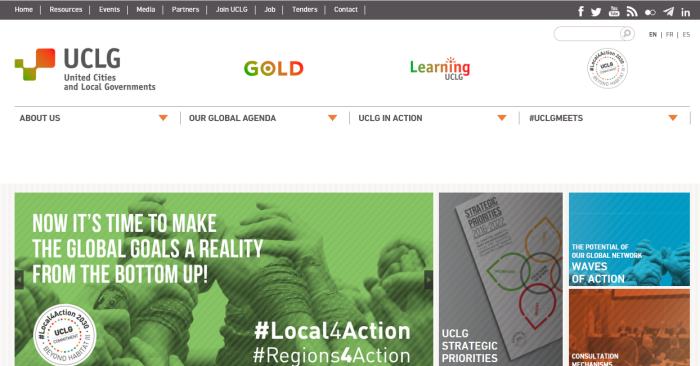
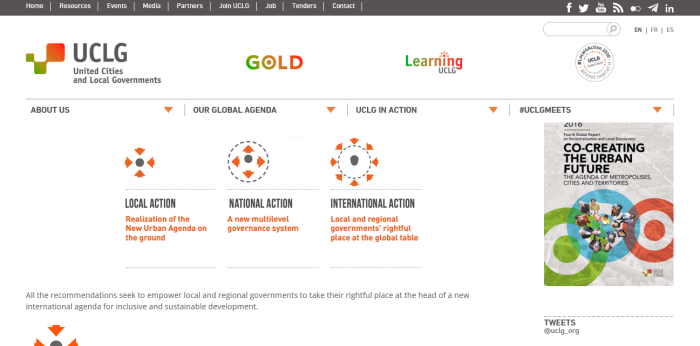
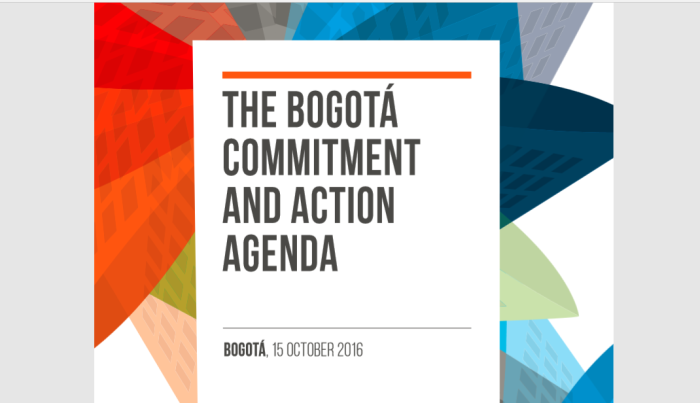
(UCLG Propaganda Film)
1. Important Links
(1) https://www.uclg.org
(2) https://www.uclg.org/en/agenda/global-agenda-of-local-regional-governments
(3) https://www.uclg.org/en/organisation/structure/constitution-rules
(4) https://www.uclg.org/sites/default/files/bogota_commitment.pdf
(5) https://www.uclg.org/en/issues/migration
(6) https://www.uclg.org/sites/default/files/8.5.eng_paris_eb_c2c_migration_project.pdf
(7) https://www.uclg.org/sites/default/files/pressrelease_strategicpartnership_development_en.pdf
2. Global Agenda Of Local Gov’t
Note: This is “their” headline.
They have specific plans for each of:
(a) Local Action
(b) National Action
(c) International Action
Note: lip-service is being paid to the power and authority that local communities an (to a lesser degree) nations will have. However, this is illogical. As more and more parties become involved, the voice and authority of each becomes less and less.
Furthermore, the further away the power brokers are, the less the effected people will be able to make decisions. Now, what are the specifics the UCLG are advocating?
LOCAL ACTION
Realization of the New Urban Agenda on the ground
As a result of the growing links between global and local challenges, local and regional governments now play a greater role in the regulation of the urban fabric and territories, and the protection of the commons. However, they often lack the resources to meet these new challenges, putting pressure on their ability to fulfil pre-existing responsibilities. To contribute to what in the SDGs is termed a ‘transformed world’, local and regional governments across all world regions must be proactive and commit to the following actions:
- Improve their strategic management capacity.
- Boost participation by fostering a buoyant and autonomous civil society to co-create cities and territories.
- Harness integrated urban and territorial planning to shape the future of cities and territories.
- Ensure access to quality and resilient infrastructures and basic services for all.
- Foster local economic opportunities to create decent jobs and social cohesion.
- Put the ‘Right to the City’ at the centre of urban and territorial governance.
- Lead the transition toward low carbon, resilient cities and regions.
- Promote local heritage, creativity and diversity through people-centred cultural policies
NATIONAL ACTION
A new multilevel governance system
Local leadership will only flourish if there is a national enabling environment for local and regional governments with adequate legal frameworks and resources, as well as a transformation of top-down approaches. Moreover, it can only succeed if the uneven decentralization found in many countries and regions is urgently addressed. National governments should:
1. Renew institutional frameworks to promote shared governance and effective decentralization.
2. Build coherent and integrated national urban and regional policies in consultation with sub-national governments.
3. Rethink sub-national financing systems to reconcile financing with sustainability.
4. Involve local and regional governments in the follow-up of the SDGs and the New Urban Agenda, supported by accurate territorialized data.
INTERNATIONAL ACTION
Local and regional governments’ rightful place at the global table
For global policies and agreements to properly harness local experience and commitment, the place of local and regional governments in international policymaking needs to change. They must be part of a structured consultation as a recognized and organized global constituency rather than subject to ad hoc consultation processes. The efforts of local and regional governments to organize and produce informed inputs must be acknowledged as part of the decision making process by taking the following steps:
1. Include organized local and regional government networks in the governing structures of international development institutions
2. Create new instruments to finance local sustainable infrastructure and services
3. Support decentralized and city-to-city cooperation, learning and knowledge-sharing to foster innovation.
You know what is absent here?
Any talk of sovereignty.
Any talk of having control over one’s own affairs.
This is all about globalism, down to the municipal level.
3. All Migrants, All Citizens
“According to the International Organization for Migration, migration can be defined as the movement of a person or group of people, either crossing an international border or within a state. There is now agreement not only on the importance of better exploiting the economic, social and cultural benefits of international migration, but also the downsides of this phenomenon that could be better handled.
Migration, integration, inclusion and the protection of migrants’ rights have hitherto been largely regulated and debated at state level, with states developing policies tailored to their countries’ needs as a whole. Thus, the central role of states as main actors in migration management and dialogue somewhat neglects a very basic fact of international migration – in reality, migratory flows, whether rural-to-urban or urban-to-urban, link cities across and between regions. Migration is a challenge that needs short and long term solutions and a review of policies must take the current role of cities into account.”
1/ So migration is “agreed” to be a good thing. Why was the public never consulted?
2/ How the downsides could be better handled? You mean like not doing migration in the first place?
3/ “Migrants’ rights”? And what right would those be? Is migration itself a right? Are entitlement programs a right?
4. Partnership With European Union
““For the first time ever, local and regional governments and the European Commission commit to work side by side to pursuit objectives that will contribute to achieve democracy, human dignity, equality, justice for all and in the spirit of solidarity throughout the world. Local and regional governments help shape strong local communities and contribute to economic prosperity and social and cultural well-being. We look forward to developing our programmes in cooperation with the European Commission to take this forward.””
How can this possibly be a good thing? EU is autocratic, and is on the verge of breaking apart.
1/ EU tried to pull voting rights of Hungary and Poland
2/ UK voted to leave (Brexit)
3/ Italy had its national budget vetoed
4/ German open borders forced the dissolution of Schengen free travel zone, and reinstitution of border controls
5/ Visegrad nations openly reject migrant quotas
6/ Openly nationalist leaders in Europe winning elections
7/ May 2019 EU elections may lead to collapse of EU agenda
But beyond this, the EU is a great example of globalist control working out.
5. Financial Instruments
“The Global Observatory on Local Finance hosted a cross-cutting study, launched by UCLG Committee on Local Finance for Development, to improve and fine-tune its advocacy on local finance in preparation for Habitat III and Financing for Development follow-up meetings.”
“The conditions for the mobilization of local resources for sustainable urban development. This study aims at analyzing the triggering factors of success of public policies dedicated to financing urban development, with a focus by territory on the main financing sources of local governments:“
Will this be a bigger version of the “financial flows” that the carbon taxes (Paris Accord) are designed to bring in?
This will come as a shock to no one, but UCLG supports:
(a) Agenda 2030,
(b) SDA
(c) Gender Agenda
(d) Climate Change
This organization completely erases sovereignty of nations, and autonomy of cities. Instead, it promotes the idea that it is all one “global community” and that everyone should have a say in it.
What it DOESN’T mention, is by that logic, everyone else will have a say in running “your” community. Think you have sovereignty now? Well you won’t for very long.

